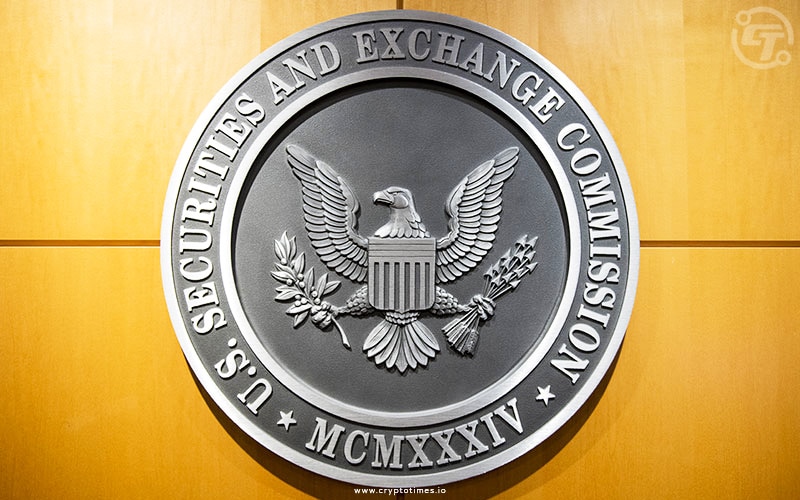The U.S. Securities and Exchange Commission (SEC) published its 2024 examination priorities report last week, highlighting a continued focus on crypto and digital asset companies.
In the report, the SEC’s Division of Examinations said it is enhancing its capabilities to oversee crypto broker-dealers, investment advisers, and other registrants dealing in digital assets.
The division has established specialised units to address emerging technologies like crypto, AI, and cybersecurity. It plans to closely monitor how registrants navigate the risks associated with crypto custody, trading, advice, and use of blockchain.
Firms offering automated trading tools, algorithms, robo-advising, and other fintech solutions will receive heightened scrutiny. The SEC will assess if these technologies are being applied responsibly and meeting standards of conduct for investor protection.
Retail investors and retirement accounts are of particular concern with new crypto offerings. Exams will focus on sales practices and whether investors understand the risks of complex digital asset products.
Advisers that assume custody of crypto assets will be reviewed for compliance with custody rules under the Investment Advisers Act. And transfer agents servicing crypto securities issuers or leveraging emerging tech will see more exams.
The SEC has ramped up crypto oversight amid high-profile failures like FTX, Celsius, and Voyager Digital. In 2022, the division brought over 80 enforcement actions related to crypto markets and disclosed investigations into firms like Coinbase.
“Continuing to make our examination priorities public increases transparency in the examination program,” said Division Director Richard Best.
The priorities help registrants focus compliance efforts on highlighted risk areas, he noted.
Priorities are based on examiner observations, investor input, and industry trends. Given crypto’s growth and risks, digital assets have become a permanent area of focus.
The SEC report underscores crypto and fintech as driving some of today’s most pressing investor protection issues.
With beefed-up resources, the agency aims to send a message that lax compliance or negligence on digital asset risks will draw swift scrutiny.
However, many in crypto advocate for tailored regulations versus applying decades-old securities laws. The SEC’s assertive oversight has already prompted companies like Paxos to halt product launches and FTX US to explore registering as a broker-dealer.
Also Read : SEC Approves BlackRock’s ISHARES Bitcoin Spot ETF






